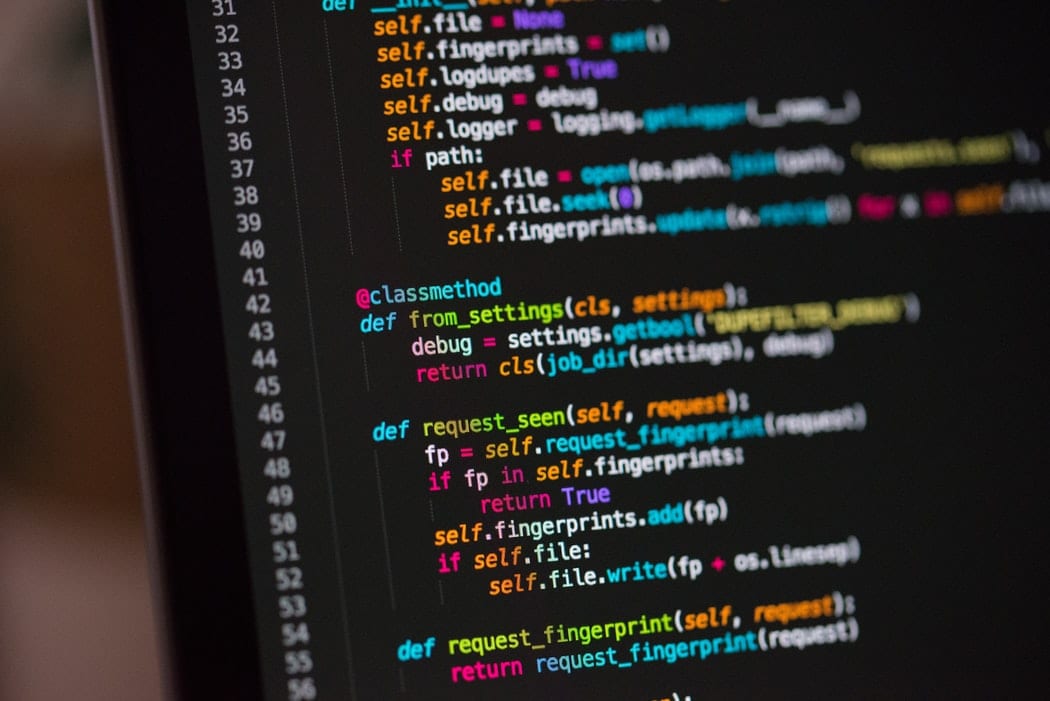So you are looking for a career in Controls Engineering – great! We asked the Controls Engineers here at Wunderlich-Malec (WM) what you, an entry-level engineer, could do to set yourself apart as a high priority candidate when applying to and interviewing for jobs.

Wunderlich-Malec engineers know Controls and our customers rely on us to provide top of the line engineering expertise to solve their automation problems. If it’s making automation more efficient, less costly, updating equipment and processes, or creating an entire system from the ground up – our engineers have done it. Continue reading to hear what they had to say about preparing yourself for an interesting, impactful, rewarding career in Controls! This article is intended to help you:
- Get The Interview. Showing your interest in controls by including concrete examples on your resume will help you greatly in getting a job interview.
- Rock The Interview. Engaging in activities that develop skills specific to controls gives you something to discuss at interviews and shows the hiring manager your desire to go into this area. It also shows your ability to learn in a self-directed manner, it also showcases your initiative and personal drive.
In this two-part series, we’ll start out hearing from two of Wunderlich-Malec’s junior engineers. In part two, we’ll hear from two senior level engineers.
Mitch B. talks about the current global pandemic and what you can be doing in the meantime. Mitch is an Electrical and Computer Science graduate and a 3+ year engineer who has been with Wunderlich-Malec for 9 months.
“So, planning for a global pandemic wasn’t taught in your college curriculum. When I graduated college in 2017, the future was bright and the job market for engineers was booming. No one had heard of Covid-19 or Tiger King, and I had a job lined up mere weeks after graduation.
While the current job scene may not look even remotely like this, there are things you can do to get yourself ready for that next job interview. While the following things are focused largely on a controls engineer position, these skills will cross over in all fields of engineering.
Learn a Language or Two
While learning a second language is always a smart thing to do, I’m talking about programming languages. If you’ve never had the satisfaction of spending weeks automating a 5-minute task, then you’re really missing out. Some good languages to learn are Python, C, C++, HTML, and Javascript, but the list of languages is long and varied.

I have found Python to be my favorite language and is the most practical when it comes to automating office tasks. However, the biggest benefit you will get from any language is the ability to read code. With no prior experience, looking at the structured text in a PLC may make your head spin.
Likewise, it is another thing you can add to boost your resume and your value as a possible employee. I ended up making a web tool to design solar panel installations in my first job out of college, something I wouldn’t have been able to do if I didn’t know how to program.
I have used Code Academy, a free website, in the past when looking to learn a new language.
Find a Hobby
Now that you know how to write a program that can print “Hello World” to your computer screen, it’s time to take that to the next level: microcontrollers. Arduino, Teensy, and Raspberry Pi are some great options for those looking to get into programming controllers.

I have created projects ranging from automating the lights in my bedroom to a small music playing robot. The possibilities truly are endless, and the internet has plenty of projects to get you going. I think getting into microcontrollers was the thing that best prepared me for my current job, from learning different communication protocols to knowing what I/O are.
You can even use a raspberry pi to create a personal website that features all your new skills and projects, which you can then talk about in your interview.
Get Certified
If you’re a new graduate, and no one has told you about the FE exam, I would recommend you take it now. It is a great certification to get, and if you ever want to get your Professional Engineering license then you will need to pass this exam.

Why should you take it now? Well, learn from my mistakes. I did not take the exam when I first graduated and figured I didn’t need to since I already had a job. Now, though, I’m looking to move up in the world and want to get certified. I looked at a practice exam and nearly cried when it started talking about signal processing, which was tough even when it was fresh in my brain.
If you want to learn more about the FE exam, check out https://ncees.org/ for more information.
Find your Passion
While technical skills are important in the hunt for a job, it is important to find something you’re passionate about. It can give you something extra to talk about in an interview and shows that you can get excited about something either related to work or outside of work.

If learning a new programming language or taking the FE exam don’t take up all your time, now would be a great time to do something you’ve always wanted to do. Want to run a marathon? You’ve got plenty of time to train. Want to learn an instrument? Pick up that guitar and learn it.
Whatever you do, make sure it is something you enjoy. We are all in new territory in this pandemic, but this can be a great time for personal growth.”
Wen C. studied Chemical Engineering and joined Wunderlich-Malec right out of school. He is a 2-year engineer and talks about his experience as a new engineer and the skills you’ll need as an Associate Controls Engineer.
“My name is Wen. I have been working at Wunderlich-Malec Engineering since 2018. I graduated with a B.S. Chemical Engineering degree. For the first couple of months that I joined Wunderlich-Malec, I really hit some learning curves in controls and automation industry. I had only taken one semester of controls class and it was based on MATLAB, but not in binary-related languages.
By the time I was doing my interview, my goals were trying to at least show I can understand some sort of process in industrial-scaled operation by presenting my senior project, which was on a lithium recovery plant, and some basic understandings of a PID loop, such as product value, setpoint, and controls output.
Several tasks I had done in my first 6 months were engineering drawings related. I assisted one of our senior design engineers with some drawing corrections. I would say it’s very important to review the required symbol index and drawing standards prior to start editing clients’ drawings because each client that Wunderlich-Malec is contracted to has its own standards.
Later on, I got into projects that were programming and commissioning related. I would say learning how to program in PLC language is very hard on your own. A good way to start is to learn from a senior engineer but nobody is going to be always available since this is a working environment. Thus, learning from previously developed codes is really helpful. Wunderlich-Malec has been in the industrial automation industry for more than 30 years so if a person wants to learn how to program something, there is always help and resources for you to dig out from somewhere.
The list below contains what Wunderlich-Malec is looking for from new hires, not necessarily all of them:
- Understand basics of P&ID drawings
- How to use a fluke, simulating and sourcing
- Understand what a PID loop is and how it functions
- Understand any PLC language (GE, Rockwell…etc)
Good luck on your interview!
For more information about careers at Wunderlich-Malec or to apply for open positions, visit our Careers page.
